Dungeons & Dragons will always be one of the best tabletop roleplaying games (TTRPGs) out there. 5e especially offers rich character builds, interesting combat, and a host of campaigns and modules to choose from.
But… there’s more out there.
Maybe you’re fed up of D&D or you want to try out a new setting away from the Forgotten Realms. Either way, this guide has the very best alternatives to Dungeons & Dragons from alternative game mechanics to brave new worlds.
Bottom Line Upfront
There are one of two reasons why you’re reading this guide: you want a simpler, stripped-back version of D&D that can be played in the usual fantasy world setting; or, you want a new setting or theme, like a TTRPG in modern-day but with vampires or a sci-fi game set in space.
White Box is my favorite straight-up alternative system to D&D while Pendragon is my favourite new setting (with different rules too). That said, here’s a rundown of the best alternatives to D&D.
Stripped-back TTRPG Systems
- Best D&D alternative for beginners: White Box: Fantastic Medieval Adventure Game
- The Black Hack
- Five Torches Deep
Best Alternatives to Dungeons & Dragons in New Settings
- Vampire: The Masquerade
- Blades in the Dark
- The Ghost Hack
- Cyberpunk
- Lady Blackbird
- Lasers and Feelings
Criteria
How did I make these choices and how can you make the right decision for which D&D alternative to go for next? I’ve played lots of different systems and game styles, but here are some things I’ve considered when making this guide:
- Lighter systems: A big reason to switch to a new system is because D&D 5e is super complex. New gamers may enjoy a lighter system, like White Box, as their introduction to the world of TTRPGs.
- Short versus long-term campaigns: D&D 5e is very well suited to long campaigns, whereas many of the lighter systems suggested here are better for short campaigns and one-shots.
- New settings: The Forgotten Realms is iconic, but sometimes I want to play a vampire spy running around 1920s Cairo. New settings in alternatives to D&D allow for more flexibility and customization of homebrew settings.
The Obvious Alternatives to D&D
Before we begin, it’s worth talking about the two ‘obvious’ alternatives to D&D that you may have already heard of… Pathfinder and Warhammer.
Pathfinder Roleplaying Game
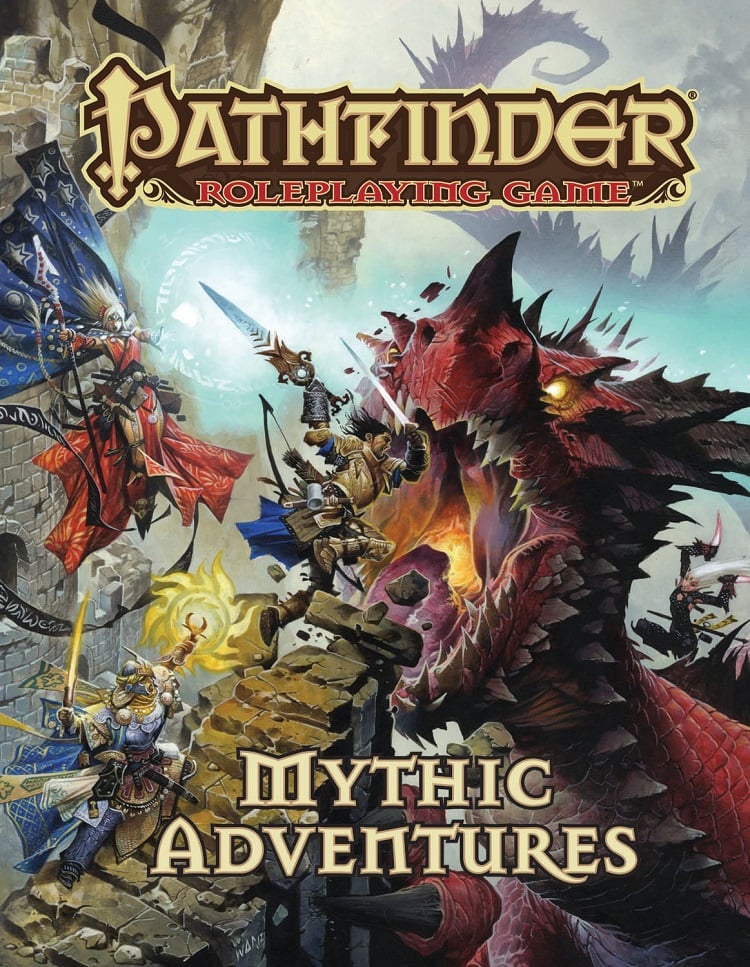
- Designer: Jason Buhlman
- Publisher: Paizo Publishing
Since players looking for alternatives to D&D are likely after easier systems or completely new settings, Pathfinder (1 or 2e) is unlikely to scratch the itch.
Pathfinder was, and still is, a version of D&D 3.5e, brought out so that, while Wizards of the Coast was publishing 4e, players still had a 3.5e adjacent game that would be updated (a 2e version of Pathfinder came out in 2019), get regular new modules (or ‘adventure paths’) to play, and be compatible with D&D 3.5e games.
Essentially, Pathfinder is for D&D players who couldn’t let go of 3.5e (and even some who held a grudge against 4e onwards D&D). Since its first release in 2009, it has made some changes to differentiate itself from D&D, such as character classes like oracles and witches and, in general, much more customization of characters.
Warhammer Fantasy Roleplay
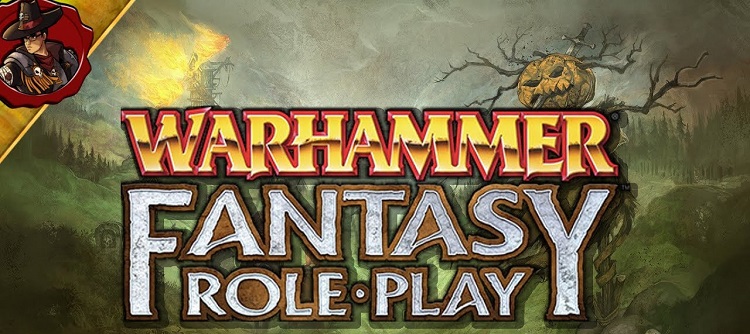
- Designer: Various
- Publisher: Games Workshop
Warhammer Fantasy Roleplay takes place in the grim and perilous world of the Old World, a dark and mature setting heavily inspired by European history and folklore. Unlike the high fantasy of D&D, Warhammer Fantasy offers a more low-fantasy and dark atmosphere, teeming with corruption, political intrigue, and ancient evils.
Some key differences between Warhammer Fantasy and D&D, other than the darker, grittier setting, are its d100 aim-low system (rather than D&D’s d20 aim-high system) and its career system, which replaces the D&D class system.
Warhammer Fantasy Roleplay has, however, been discontinued. You can still buy a copy online, sure, but Games Workshop will produce no more editions or campaigns for this D&D alternative.
Characters start in a basic career (like Rat-Catcher, Soldier, or Apprentice Wizard) and can later change to other careers as they progress. Plenty of players find this system more fluid and organic when it comes to character development. While this may not bug some players, I’d say it is a sign that this TTRPG is one of the least popular, partly due to its crunchy mechanics that are far less streamlined than 5e.
Best Stripped-back Alternatives to D&D
Best for Beginners: White Box: Fantastic Medieval Adventure Game
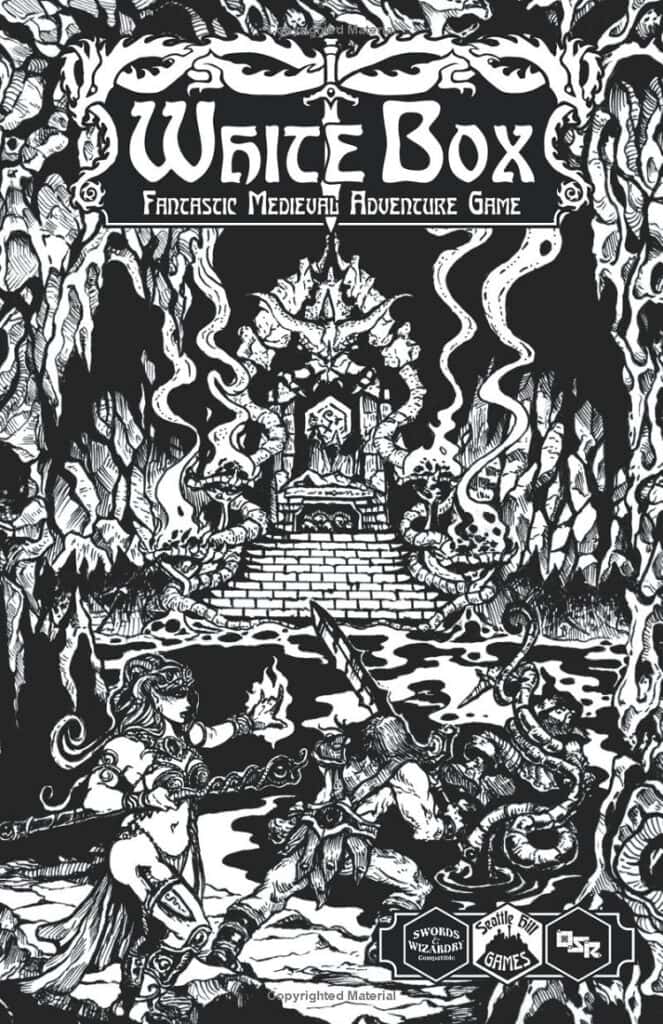
- Designer: Charlie Mason
- Publisher: Seattle Hill Games
It was April 2020 and, like everyone else in the U.K., me and my friends were stuck at home (often parents’ homes) with little to do. Suddenly, I had a willing and, importantly, regularly available group of friends who wanted to try out D&D. I was new to GM-ing and they were new to playing, so rather than overwhelm everyone with D&D 5e, I opted for a different, more streamlined system: White Box: Fantastic Medieval Adventure Game.
The current rendering of White Box is what’s known in the TTRPG community as a retro-clone. That’s because it’s an update of an old-school roleplaying game (an OSR), called Swords and Wizardry: White Box, which itself is based on Gary Gygax and Dave Arneson rules for Original D&D, a stripped back and 1974 version of D&D that predates the famed 1977 D&D.
In Charlie Mason’s new White Box, there are just four classes: Fighter, Cleric, Magic-User, and Thief; and four races: Human, Elf, Dwarf, and Halfling.
If you want more, Szymon ‘Noobirus’ Piecha’s White Box: Expanded Lore adds more classes like Druids and Bards and races like half-elf and half-orc, plus a feats mechanic.
The con? Since returning to a 5e campaign, I’ve remembered how much richer combat is as players, regardless of class, have a huge range of interesting actions to take. You can still take interesting actions in White Box, but that creativity has to come from the players rather than the preset list of actions.
Alternative Mechanics: The Black Hack
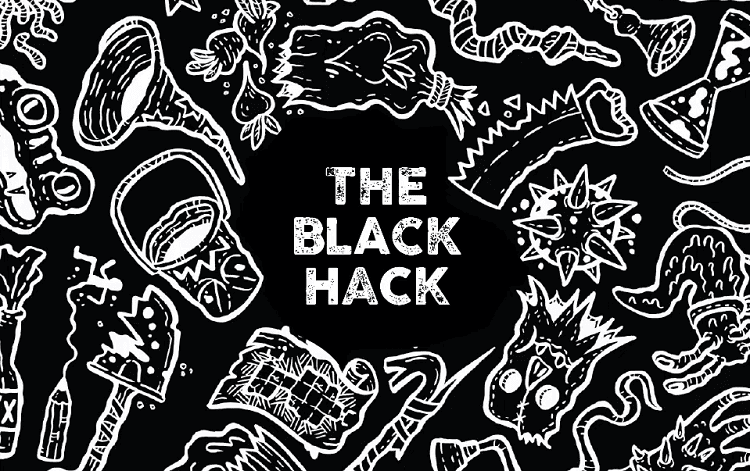
- Designer: David Black
- Publisher: Square Hex
We could argue about whether White Box or The Black Hack is the superior OSR, sure, but it probably comes down to which ruleset feels more natural to you.
The Black Hack has players trying to roll low rather than high. Your strength is 10? You’ll need a 9 or below to be successful. You’ll always roll strength for melee attacks and dexterity for ranged attacks. Also, monsters don’t make checks or tests. Instead, players roll against the monster by, again, rolling below the monster’s attack or skill value.
Weird, right? Well, like White Box, The Black Hack is stripped back and streamlined, making it great for new players and short campaigns or one-shots. It also introduces some new rules, in the second edition at least, like the Wild Hit Location Chart, meaning that players get injured and various disadvantages as a result, rather than D&D’s less dynamic hit point system.
The Black Hack has inspired even more alternative TTRPG games, including BLUEHACK (more D&D-like), Whitehack (better for campaigns), and even alternative settings like The Ghost Hack and Magus Hack.
Simpler Yet Grittier: Five Torches Deep
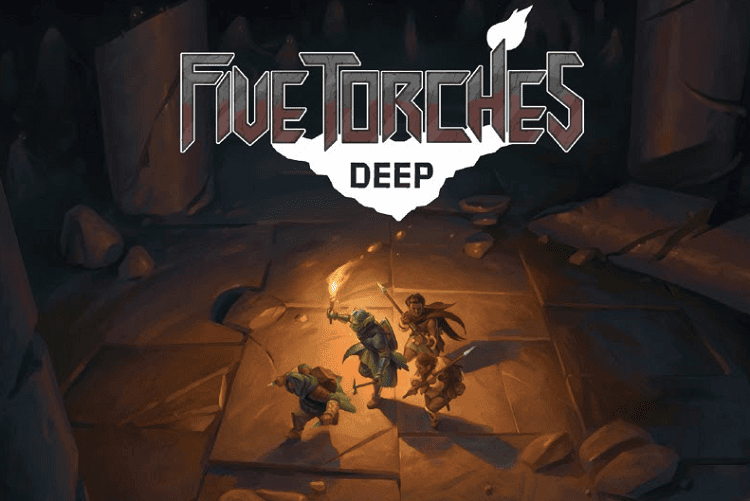
- Designer: Ben Dutter and Jessica Dutter
- Publisher: Sigil Stone Publishing
People enjoy OSRs because, a lot of the time, they’re grittier and more dependent on resources. Just because you’re playing with a stripped-back system, doesn’t mean your players are going to get off easy. Five Torches Deep does just that. It’s not quite as streamlined as White Box or The Black Hack, but it certainly is meatier.
With mechanics including volatile spellcasting, wilderness travel, debilitating injuries, and ‘safe’ versus ‘unsafe’ places for resting and healing, players can expect a tough, but fun, ride.
Like D&D, Five Torches Deep has a D20 system and 5e players will quickly adjust to the rules (it’s much more similar to D&D than the above OSRs). But think of it like playing D&D on hard mode — and this is especially great for gritty, wilderness campaigns (I might use it for my post-apocalyptic campaign I’m running next year).
More Alternative TTRPG Systems
I haven’t played every TTRPG system out there, but believe me there’s a ton and it’s worth checking out the following systems too:
- Labyrinth Lord: An indie alternative to D&D with minimal changes to rules and setting.
- Scarlet Heroes: A one-on-one TTRPG, perfect for couples or two friends who can’t get a larger gaming group together.
- Blueholme: A retro-clone of the original D&D Basic Set but more friendly to modern players.
- Torchbearer: A Roleplaying Game: A TTRPG for those who can’t get enough of dungeon crawling.
Best Alternatives to Dungeons & Dragons in New Settings
Vampire: The Masquerade
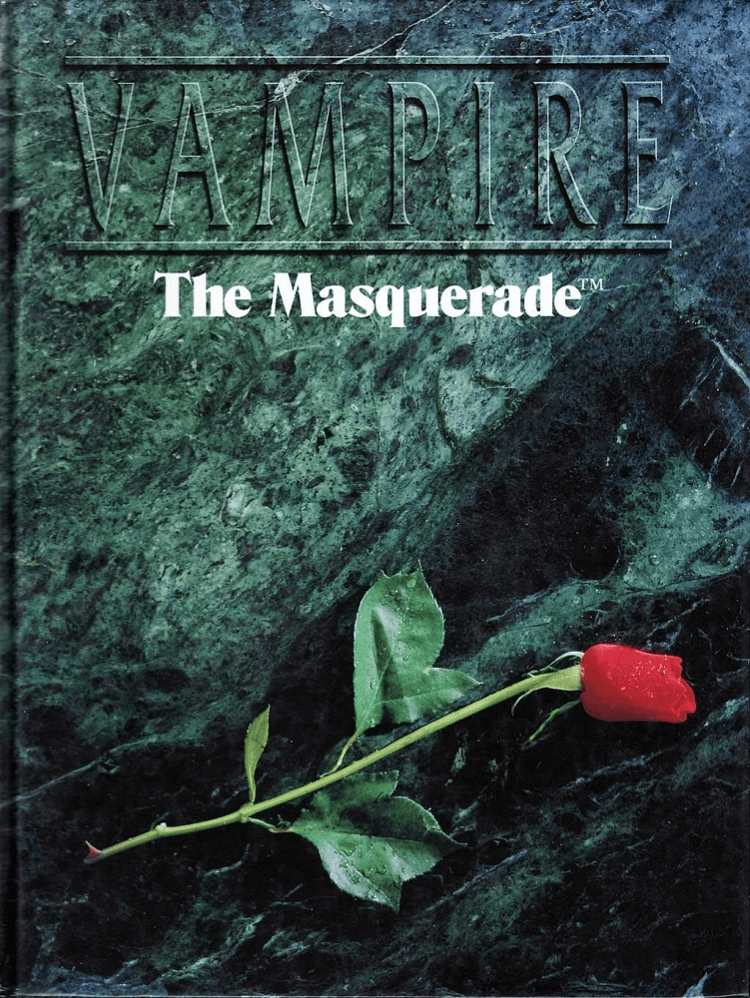
- Designer: Mark Rein-Hagen
- Publisher: White Wolf Publishing
When hard-core D&D players aren’t playing 5e, they’re playing Vampire: The Masquerade. Set in the World of Darkness (for which there are other TTRPGs where you can play everything from werewolves to changelings), this setting is a ‘gothic punk’, semi-dystopian version of the modern world (think, The Lost Boys).
Like D&D, VTM has gone through multiple editions and (surprise!) there’s plenty of heated debate about which is the best. In my opinion, either the newest version (5e) or the classic 20th-anniversary edition of 4e are the best options.
Blades in the Dark
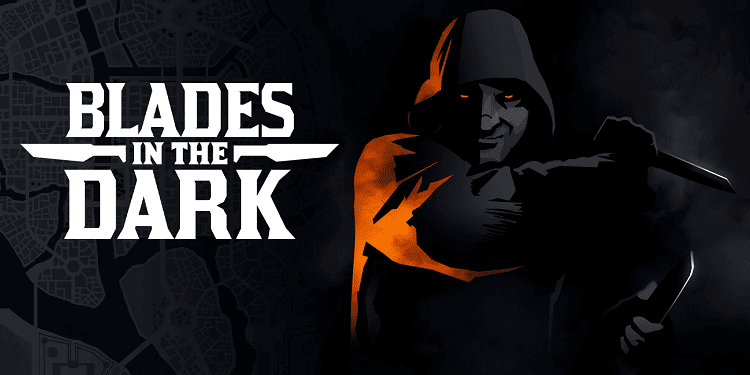
- Designer: John Harper
- Publisher: Evil Hat Productions
TTRPG fans often froth at the mouth a little when you mention Forged in the Dark games, especially Blades in the Dark, in which you play scoundrels in an industrial fantasy world (think Victorian-esque fantasy shows like Penny Dreadful). I have a softer spot for Band of Blades (which has more of a traditional D&D feel to it), but the rich worldbuilding in Blades earns it the top spot. It’s also the game to play if you and your players can’t stop playing rogues in D&D.
The Ghost Hack
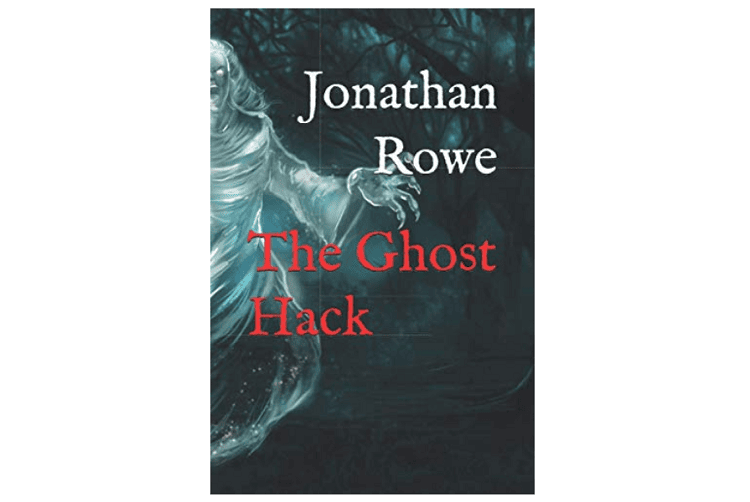
- Designer: Jonathan Rowe
- Publisher: Self-published
If you enjoy The Black Hack system, there are a ton of hack alternatives in new settings, from the Pirate Hack to the Magus Hack. My personal favourite? The Ghost Hack by Jonathan Rowe. It offers a streamlined version of other ghost TTRPGs like Wraith, so it’s especially good if you want to get into alternatives to D&D without learning too many new rules.
You play as ghosts and the type of ghost you are (Ghost Hack’s answer to D&D classes, including Revenants and Poltergeists) will give you special powers and abilities. There’s even an expansion Do Not Go Gentle: Hades, which adds tons more lore, abilities, and cults to the original game.
Cyberpunk
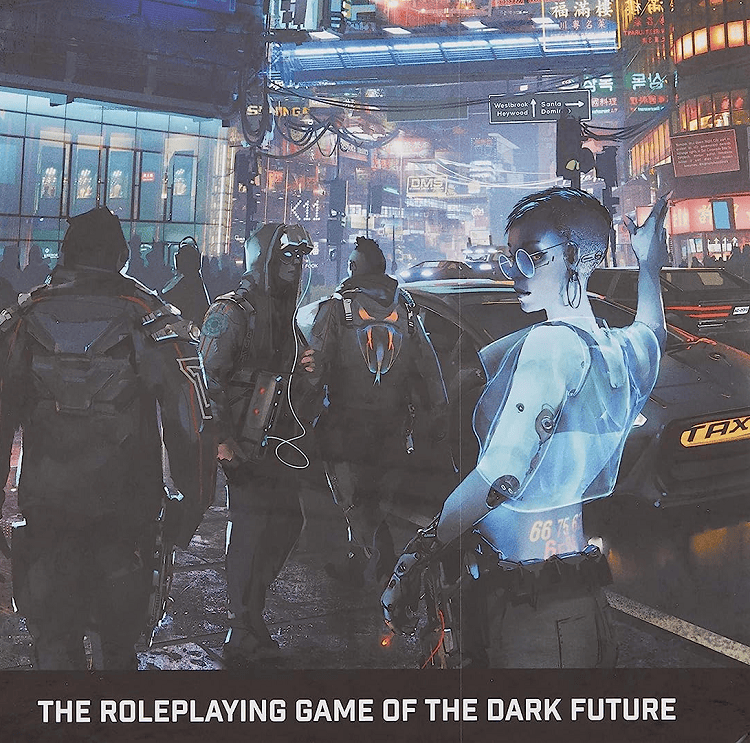
- Designer: Mike Pondsmith
- Publisher: R. Talsorian Games
Max Pondsmith’s Cyberpunk is generally considered the sci-fi roleplaying game. In a Blade Runner-style alternative, dystopian world where players take on cyberpunk roles, enhancing their bodies with robotic components, net running in virtual worlds, and maybe even taking down evil corporate rulers.
Cyberpunk first came out in 1988 (and was set in 2013!), so this game is pretty old school (if the Blade Runner setting wasn’t already a giveaway). Thanks to its long-lasting popularity, there are tons of fan-made campaigns, adventures, and expansions over on DriveThru RPG, so GMs will be spoilt for choice and will find putting together an adventure in this setting super rewarding.
Pendragon
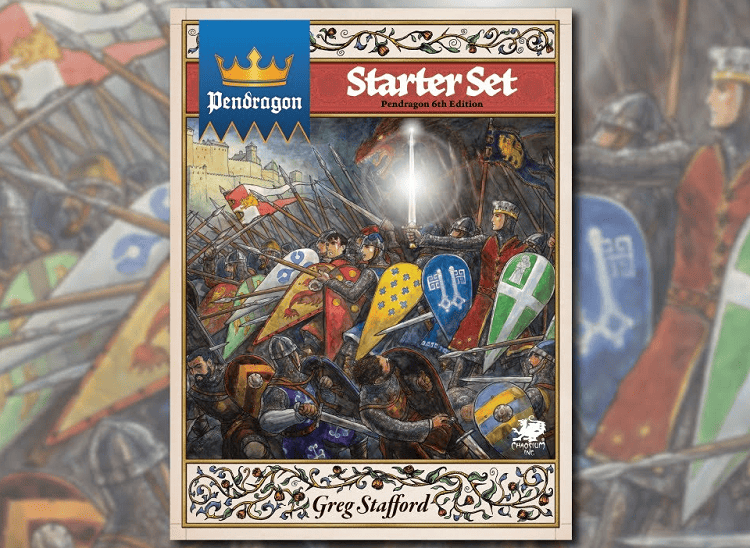
- Designer: Greg Stafford
- Publisher: Chaosium
I debated including Pendragon, a Arthurian-inspired fantasy TTRPG, in the alternative systems section, but the world setting is so markedly different from D&D that it doesn’t quite warrant being pitched as simply an alternative system.
Another OSR, Pendragon first came out in the 1980s and really captures the old-school love of this legend found in films like Excalibur (a favourite of mine). Players start as young squires and grow to become knights of the roundtable, performing heroic acts, jousting, and courting romantic prospects.
Rather than cramming lots of adventure into a few months’ worth of a campaign, Pendragon takes place over years and sees characters marrying, having children, and even retiring.
Pendragon is so wonderfully in love with Arthurian legend and fantasy literature, so I was quickly won over.
Lady Blackbird
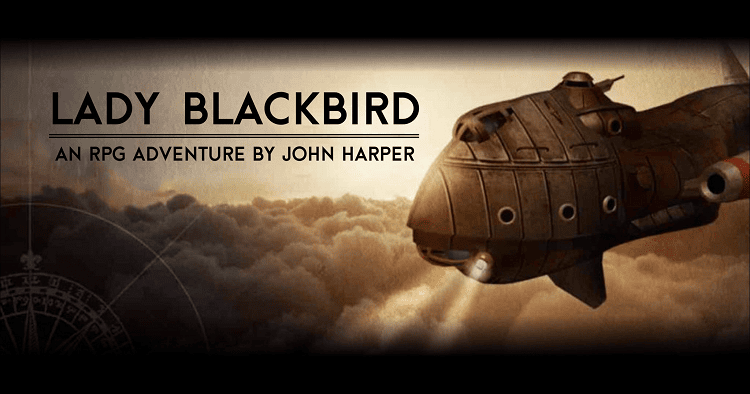
- Designer: John Harper
- Publisher: Steampunk Roleplaying Games
Lady Blackbird, written by John Harper, has a special place in my heart. D&D players will find its set-up very different.
You have preset characters, including Lady Blackbird herself trying to escape an arranged marriage and start off in the brig on a spaceship knowing only you need to find a way to escape.
Lady Blackbird is, in a sense, a mini-campaign, but it can even be replayed for different outcomes. Players are given a sandbox world to play in and simply see what happens. Harper has brought out other games set in the Lady Blackbird universe, so there’s more to try out if you love this game.
Lasers and Feelings
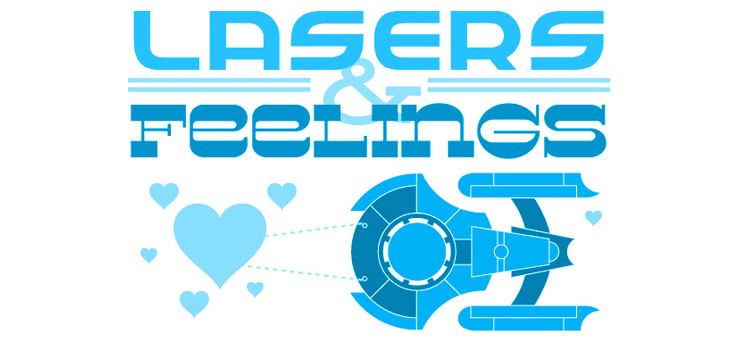
- Designer: John Harper
- Publisher: Self-published
It doesn’t get more streamlined and stripped back than Harper’s Lasers & Feelings. If you want to run a quick, sci-fi one-shot or mini-campaign, Lasers & Feelings is perfect. Players have a single stat — a number from 2 to 5. A low number means you’re best at Feelings (emotions, intelligence, persuasion and so on) and a high number means you’re better at Lasers (tech, precision, rational choices). All actions require using Lasers or Feelings and players roll a d6 to test their success.
I even made my own TTRPG based on this ruleset — Books & Bandits, where you play book characters entering famous plays and novels to save literature from the Nazis. I’ll save sharing more on that for some other time, perhaps a post on creating your own TTRPGs.
Conclusion: Running Campaigns in Alternative Systems and Worlds
The question you might have now is, what about the modules for each of these alternatives to D&D? Is there an equivalent to Rime of the Frostmaiden or Curse of Strahd? The short answer is, no. While certain Forged games have pre-set campaigns, many of these are simply different systems or settings and don’t have expansive campaigns to accompany them.
But fear not. Once you have a feel for the system, you can certainly convert D&D modules to new systems like White Box and The Black Hack. It takes some tweaking (monster stats especially) but having played in a White Box version of Curse of Strahd, it’s certainly doable. And even if you don’t want to do your own homebrews or deal with converting statistics, websites like DriveThru RPG have tons of ready-made adventures. You can filter by the rule system.
Ultimately, using alternatives to D&D is best done if you’re willing to put the time and energy into homebrewing. It’s hard work, yes, but, in my opinion, incredibly rewarding for GMs and players.
Read More: Best DnD Inspired Video Games
- Best Alternatives to Dungeons & Dragons - August 23, 2023
- Wyverns 5e Guide: The Chickens of the Dragon Family - September 5, 2022
- Best DnD Dice Tray Ideas for Players and DMs - August 22, 2022

